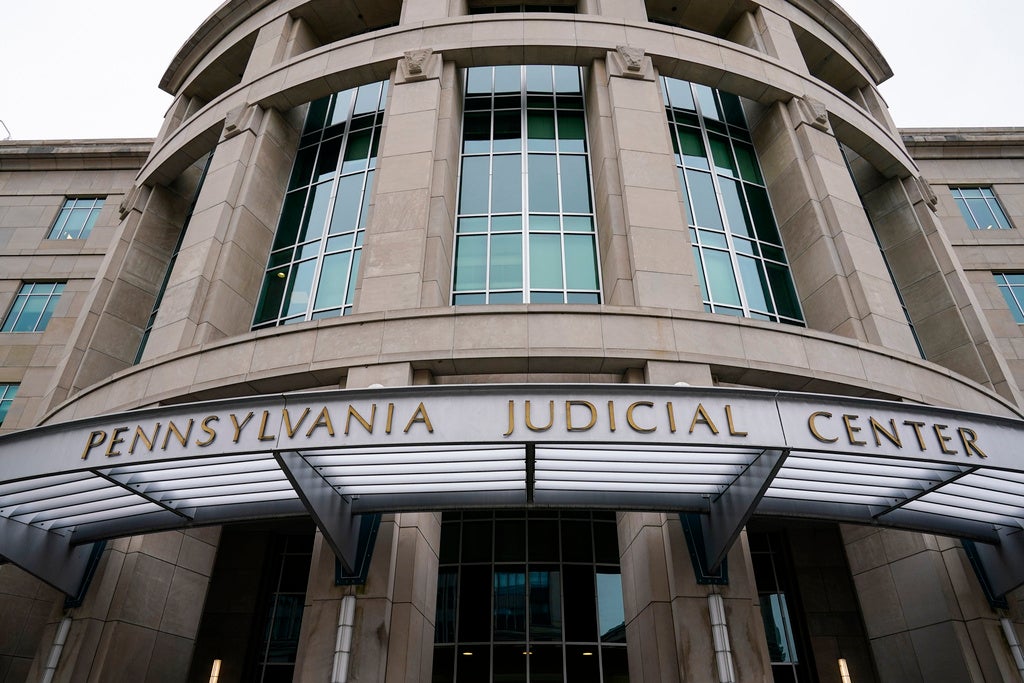Tsai: judicial independence
Court of Common Pleas Judge Stella Tsai ran uncontested in the Democratic primary. Tsai is currently a judge on the Philadelphia Court of Common Pleas where she was appointed to in 2016 and then elected in 2017. She has presided across the Criminal, Civil, Orphans’ Court and Family Divisions. Her campaign emphasizes her breadth of experience handling trials involving land use, trusts, wills, custody disputes and general commercial litigation.
She says that experience “has equipped me with the skills and insights necessary to address the often complex social, economic and governmental issues facing our Commonwealth.”
Born in Harrisburg to immigrant parents, Tsai grew up in central Pennsylvania and earned her bachelor’s degree in political science from Penn State University in 1985 and her Juris Doctor from the University of Pennsylvania Carey Law School, where she currently teaches. Prior to joining the bench, she was a business litigation partner at Archer & Greiner, focusing on regulatory compliance, land use and legal ethics. She also served as the chair of administrative law in the Philadelphia Law Department from 2000 to 2003.
The Pennsylvania Bar Association rated Tsai as “Highly Recommended,” citing her long and diverse legal career, extensive trial experience in both state and federal courts, similar respect among peers and clear, thoughtful legal writing as well as her “history of civic and pro bono activities.” Tsai previously won the Philadelphia Bar Association’s Sandra Day O’Connor award.
Tsai has served nearly a decade as a judge on the Philadelphia Court of Common Pleas, hearing civil, family and orphans court cases. In her race, she emphasizes “integrity, transparency, consistency” in court and providing access to justice.
“I’m the only sitting judge in this race,” Tsai said in a recent interview with PCNTV. “And I understand the challenges facing individuals and working families. It’s been my life’s work to ensure that our legal system is fair, just and accessible.”
Tsai’s judicial philosophy centers on judicial independence, ensuring the courts are nonpartisan and also free from influence from interested parties.
“Once you get elected, that’s it, we are no longer Democrats, Republicans or whatever,” she said in an interview. “Being a judge, you have to recognize that people may be upset with you, but you have to do the right thing.”
Tsai previously served as counsel to Philadelphia’s Civil Service Commission, helped rewrite the city’s zoning code and now teaches a litigation remedies course at the University of Pennsylvania.
She also brings a personal story rooted in democratic ideals.
“My parents grew up in Taiwan under martial law,” she said. “I’ve known from childhood how critical and important our democracy is and to make sure that it functions appropriately. And that’s why to me, the thing about judicial independence resonates with me.”
Tsai’s endorsements include a host of labor groups, as well as the Pennsylvania State Education Association, Conservation Voters of PA and Planned Parenthood.
The winner will begin serving a 10‑year term in January 2026. As is typical in Pennsylvania, after their initial term, the judge would face a nonpartisan retention vote for a second term.

